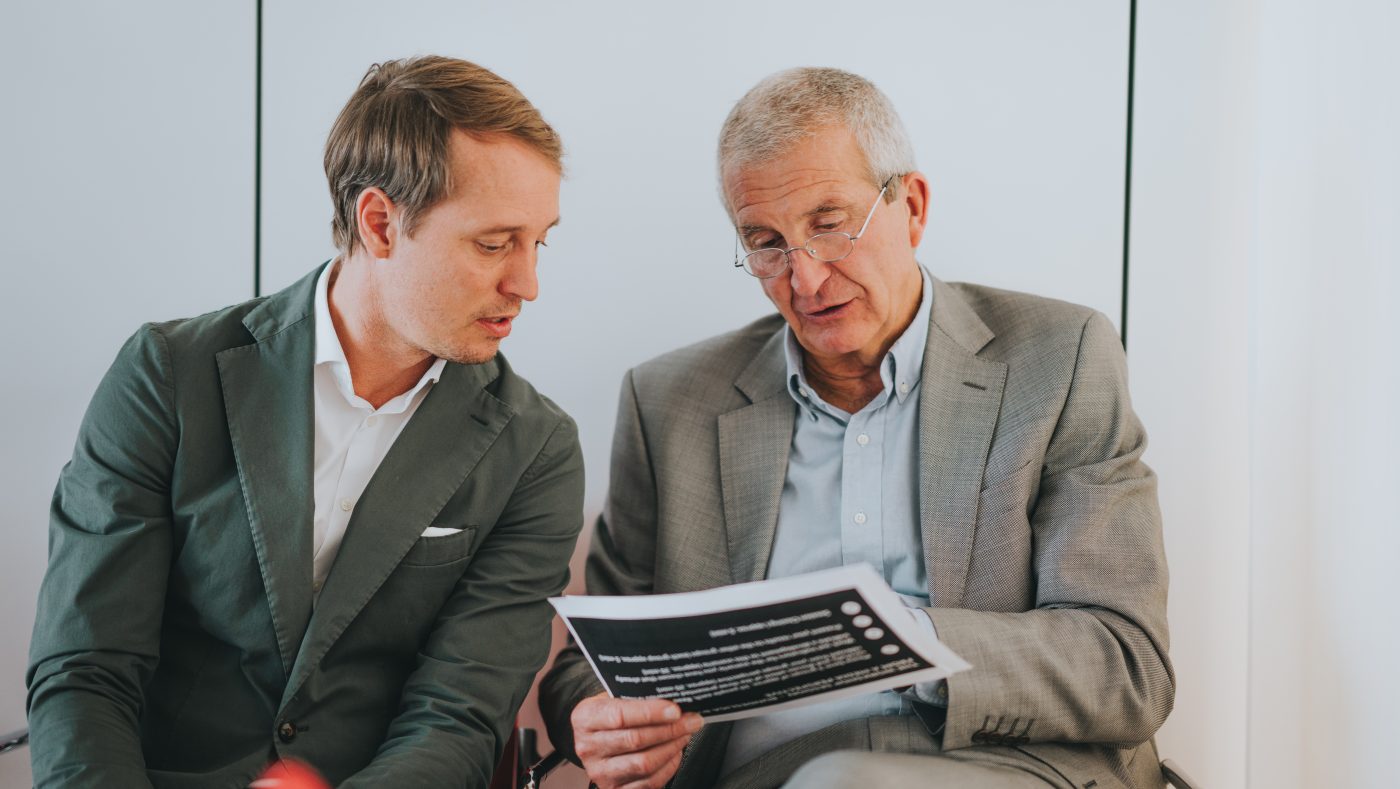In our fourth year of hosting the Impulse Summit in St. Gallen, we will focus on “Lessons Learned”. Under this theme, we invite sports industry leaders and international young leaders for discussion to share their learnings and jointly enter a unique window of opportunity to rethink the future of European sports.
“Leadership and learning are indispensable to each other.” – John F. Kennedy
Under our roof, we bring together the sharpest minds representing different generations on an annual basis. Conventionally learning is considered to feature young on the receiving and more experienced on the giving end, it is vital to rethink this concept. It is time for today’s experts to share their lessons but also take in new insights from representatives of future-focused thinking. With both generations coming together and exchanging their lessons learned from the pandemic, global macro trends, or personal experiences, we combine thought leadership with the provocative curiosity of the next generation. For us, it is all about breaking the daily workflow and stimulate the brain with highly relevant topics.
Striving to share and receive insights in a co-existent state, is a key element for leaders of today and tomorrow. Through our platform, we aim to foster creativity, critical thinking, and collaboration to establish the base for dynamic development within the industry. The external crisis exposed the fragility of the sports ecosystem but also represents a historic crossroad to rethink structures for both today and tomorrow.
Agenda
Business Innovation & Digitalisation:
The digital transformation of the economy and general society has been rapidly accelerated by the COVID-19 pandemic. In order to adequately address the change, new business models are to be developed to face the agility & adaptability in the digital age.
Society & Social Responsibility:
While the concept of stakeholder theory has been around for almost 70 years, achieving the UN Sustainable Development Goals is only possible through the collaboration of the public and private sectors. In an industry that primarily fails to address the issue, new concepts of a circular economy are needed.
Politics & Governance:
Sports is not only one of the largest hobbies on earth, but also has wide connections to public institutions on all levels, making its underlying industry structure more transparent than for more privatized and larger industries. This transparency offers the unique opportunity to gain a holistic view of governance and political structures to develop future-focused solutions, applicable beyond sports.

